Picking out an iPhone used to be easier—just get the newest one with all the storage you can afford. We still recommend buying as much storage as you can afford, but the choice of which iPhone to get it on isn’t quite so simple. Apple currently sells five “new” iPhone models and you can still buy an iPhone 11, not to mention older refurbished models. Apple offers all this choice because, quite simply, different people have different priorities.
Apple’s latest iPhone lineup includes the iPhone 13, iPhone 13 mini, iPhone 13 Pro, and iPhone 13 Pro Max. The “best” iPhone depends on your own personal preferences, so we have several recommendations for different groups of users. We’ll summarize our choices here, and provide links to articles explaining each choice in more detail.
With the iPhone 13 lineup released in the fall of 2021 and iOS 15 alongside it, we don’t expect another major release until late in 2022 (typically in September). The one exception may be the iPhone SE, which often gets a new release in the spring (but not every spring).
Updated 03/11/22: With the release of the third-generation iPhone SE, we’ve updated our list and changed a couple recommendations.
iPhone specs compared
Apple sells five current-generation model iPhones: four iPhone 13s and the iPhone SE. Here’s how their most important specs compare but remember, specs aren’t everything!
| iPhone SE | iPhone 13 mini | iPhone 13 | iPhone 13 Pro | iPhone 13 Pro Max | |
|---|---|---|---|---|---|
| Starting price | $399 | $699 | $799 | $999 | $1099 |
| Screen size | 4.7″ | 5.4″ | 6.1″ | 6.1″ | 6.7″ |
| Size (H x W x D) | 5.45″ x 2.65″ x 0.29″ | 5.18″ x 2.53″ x 0.30″ | 5.78″ x 2.82″ x 0.30″ | 5.78″ x 2.82″ x 0.30″ | 6.33″ x 3.07″ x 0.30″ |
| Weight | 5.09 oz | 4.97 oz | 6.14 oz | 7.19 oz | 8.46 oz |
| Colors | Starlight, midnight, red | Pink, blue, midnight, starlight, red | Pink, blue, midnight, starlight, red | Sierra blue, silver, gold, graphite | Sierra blue, silver, gold, graphite |
| Display | LCD (326 ppi) | OLED with HDR (476 ppi) | OLED with HDR (460 ppi) | OLED with HDR (460 ppi), ProMotion 120Hz | OLED with HDR (458 ppi), ProMotion, 120Hz |
| Processor | A15 Bionic (4-core GPU) | A15 Bionic (4-core GPU) | A15 Bionic (4-core GPU) | A15 Bionic (5-core GPU) | A15 Bionic (5-core GPU) |
| Storage | 64/128/256GB | 128/256/512GB | 128/256/512GB | 128/256/512GB/1TB | 128/256/512GB/1TB |
| Authentication | Touch ID | Face ID | Face ID | Face ID | Face ID |
| Rear Camera | 12MP f/1.8 Wide camera | 12MP f/1.6 Wide camera, 12MP f/2.4 Ultra Wide camera |
12MP f/1.6 Wide camera, 12MP f/2.4 Ultra Wide camera |
12MP f/1.5 Wide camera, 12MP f/1.8 Ultra Wide camera (macro), 12MP f/2.8 Telephoto (3x) |
12MP f/1.6 Wide camera, 12MP f/2.4 Ultra Wide camera (macro), 12MP f/2.8 Telephoto (3x) |
| Front Camera | 7MP f/2.2 camera, 1080p | 12MP f/2.2 camera, 4K HDR | 12MP f/2.2 camera, 4K HDR | 12MP f/2.2 camera, 4K HDR | 12MP f/2.2 camera, 4K HDR |
| Battery capacity | 1821mAh | 2348mAh | 3240mAh | 3095mAh | 4352mAh |
| Wireless features | 5G (sub-6 only), Wi-Fi 6, Bluetooth 5.0, NFC |
5G, Wi-Fi 6, Bluetooth 5.0, NFC, Ultra Wideband |
5G, Wi-Fi 6, Bluetooth 5.0, NFC, Ultra Wideband |
5G, Wi-Fi 6, Bluetooth 5.0, NFC, Ultra Wideband |
5G, Wi-Fi 6, Bluetooth 5.0, NFC, Ultra Wideband |
| MagSafe | No | Yes | Yes | Yes | Yes |
Best overall: iPhone 13
If you want a new iPhone and you just aren’t sure about what’s most important to you at all, you should just get an iPhone 13. This is the sweet spot in terms of design, size, features, performance, and cost (starting at $799). The iPhone 13 Pro is definitely a better phone, with 120Hz ProMotion, a more advanced camera system (including the ability to take macro shots), and slightly better battery life. But it’s hard to justify paying $200 more for those things unless you really know you need it. For most people, the regular iPhone 13 is the sweet spot for price, features, performance, and longevity.
Pros: Larger sensor, enhanced stabilization, better telephoto lens
Cons: Very big, expensive
Best iPhone for photography: iPhone 13 Pro / Max
Last year, the “Max” variant of the iPhone 12 Pro had a different camera system than the regular-size iPhone 12 Pro. With the iPhone 13 Pro, the standard size and Max versions have the exact same cameras, so pick the size that suits you.
Compared to the regular iPhone 13, the Pro models have a much larger sensor on the standard Wide camera, and a wider aperture, too (f/1.5 vs. f/1.6). It’s got the telephoto camera that the regular iPhone 13 lacks, with a more useful 3x zoom instead of the 2x zoom found on previous models. And the Ultra-Wide camera has a wider aperture along with a fantastic 2-centimeter minimum focal distance, which allows you to take awesome macro shots.
Pros: Larger Wide sensor, 3x telephoto, better Ultra-wide camera, macro photography
Cons: Expensive
Best iPhone for gaming: iPhone 13 Pro Max
It seems like a cop-out to simply pick the newest and most expensive iPhone as “best” for gaming, but there are real benefits here. Yes of course it has the fastest new A15 processor, and the Pro models have 5 GPU cores instead of 4 on the standard and mini iPhone 13, which really comes into its own in high-end 3D games. While the iPhone 13 Pro and iPhone 13 Pro Max have identical performance, we chose the Max version for a reason: that huge battery means epic battery life (and nothing drains your battery like gaming), and on-screen virtual button and stick controls are much easier to manipulate on larger phones.
Pros: Top performance, huge display, longest battery life ever
Cons: Really big, really expensive
Best iPhone for kids
Most kids don’t need a large or expensive phone. Let’s face it, kids are rough on electronics. The iPhone SE is plenty fast to run anything and will last several years. It’s also got Touch ID rather than Face ID, which sometimes struggles with very young faces (Apple says Face ID is only appropriate for people over 13). The smaller size fits better in young hands and pockets, and the $429 price tag will please parents.
The new third-generation iPhone SE has 5G, but lacks support for the super-fast (and short range) mmWave bands. That’s sort of a drag for adults, but isn’t likely to concern kids.
Pros: Price, size, durability, performance
Cons: No Face ID, older design
Best iPhone for seniors: iPhone 11
The latest iPhone SE got a $30 price hike, putting it within striking distance of the iPhone 11. While the iPhone 11 doesn’t have 5G, the iPhone SE doesn’t support mmWave bands for the fastest speeds, and the iPhone 11 has a number of features to recommend it over the SE.
For starters, the display is a LOT bigger on the iPhone 11, even though the phone is only slightly larger. That’s because it doesn’t have a huge bezel around it. Definitely the sort of thing older eyes can appreciate. It’s got Face ID instead of Touch ID, which some might find easier to use. The cameras are better, with the inclusion of an Ultra-Wide rear camera and a superior front-facing camera for better FaceTime sessions with the family.
Oh, and the battery lasts a lot longer. Everyone appreciates battery life!
Pros: Price, size, camera, Face ID
Cons: Slightly older processor, no 5G
Best small iPhone: iPhone 13 mini
Small phone fans are not that great in number—sales data consistently show that most people prefer larger phones—but they are very sure of their preference for a small phone. Fortunately, the iPhone 13 mini is a no-compromise small phone for those who don’t want to buy an “old” design or dated technology just to get a phone that’s easier to hold and manipulate. Battery life suffers a bit because you just can’t fit a big battery in a small phone, but you otherwise get everything you get in the larger iPhone 13, and the battery life is better than last year’s iPhone 12 mini.
Pros: Cheapest iPhone 13, small, full performance and features
Cons: Battery life isn’t as good as larger models
Best budget iPhone: iPhone 11
We used to recommend the iPhone SE as a good budget iPhone, but the latest model has us scratching our heads for why someone would choose it over the iPhone 11. The price went up to $429, now just $70 less than the iPhone 11. And while it has a faster A15 processor, it’s not as though the A13 found in the iPhone 11 is slow–it’s still faster than most Android phones. It also only has LTE while the iPhone SE has 5G, but the iPhone SE does not support the superfast mmWave cellular bands.
Why spend $70 more for the iPhone 11? You get a better rear camera and front camera, Face ID with the TrueDepth sensor for things like memoji and animoji, a much larger display, and way longer battery life. Oh, and more color options, too.
When you look at the entirety of the phone, not just the processor, the iPhone 11 wins hands-down. It’s definitely worth spending just a little more on.
Pros: Large display, Face ID, superior cameras, better battery life
Cons: No 5G, slightly dated processor
from Macworld.com https://ift.tt/sxCDOYg
via IFTTT

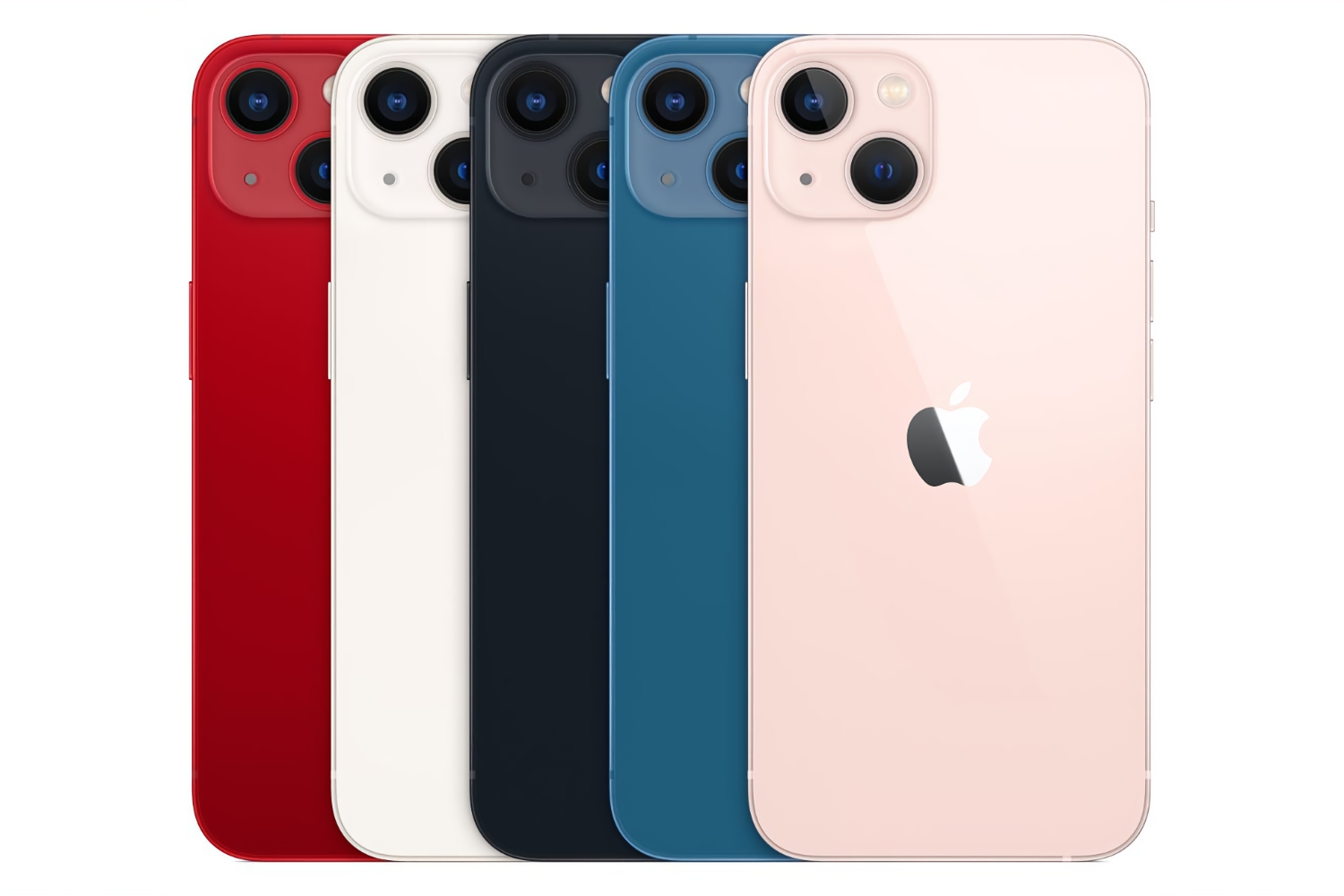

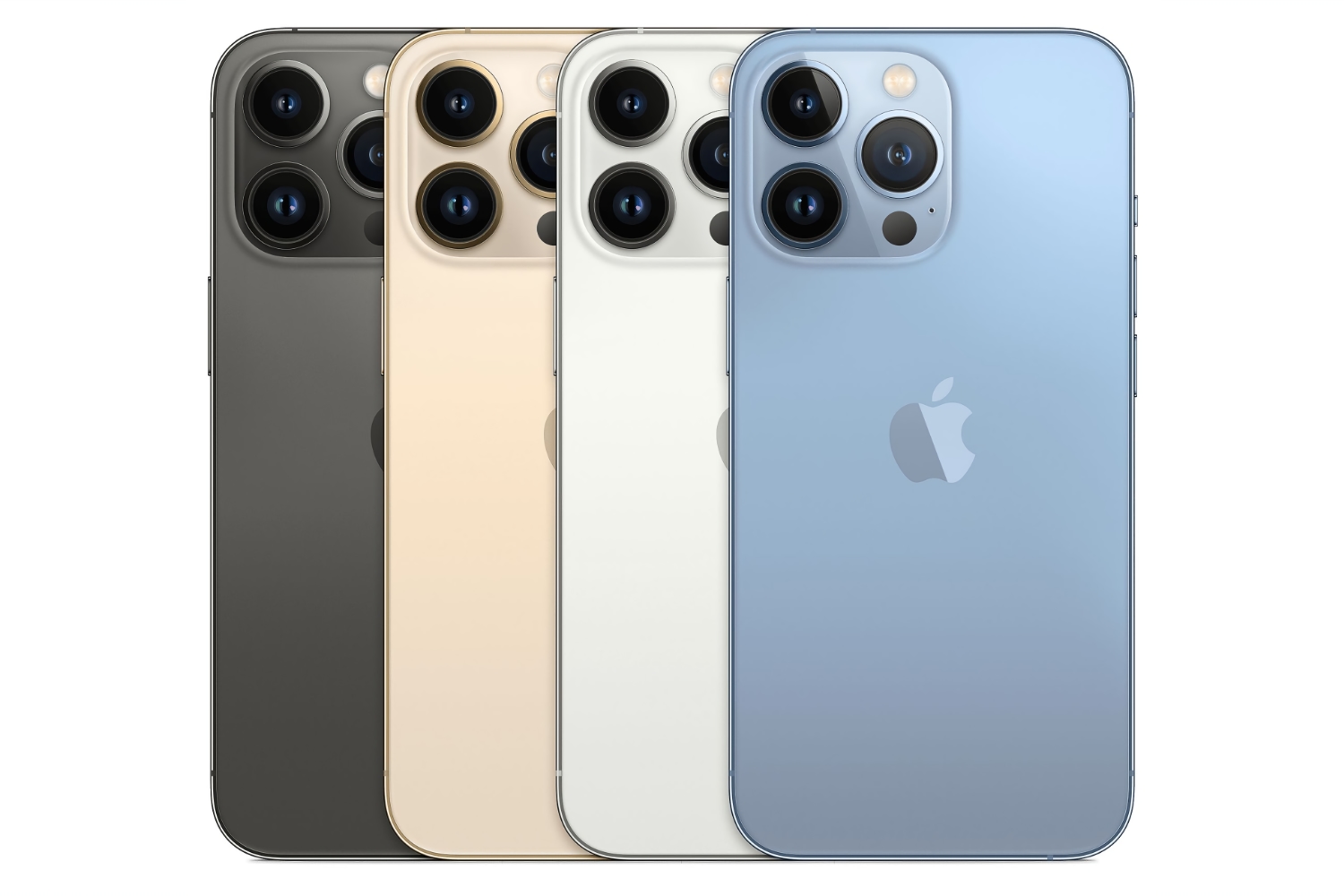
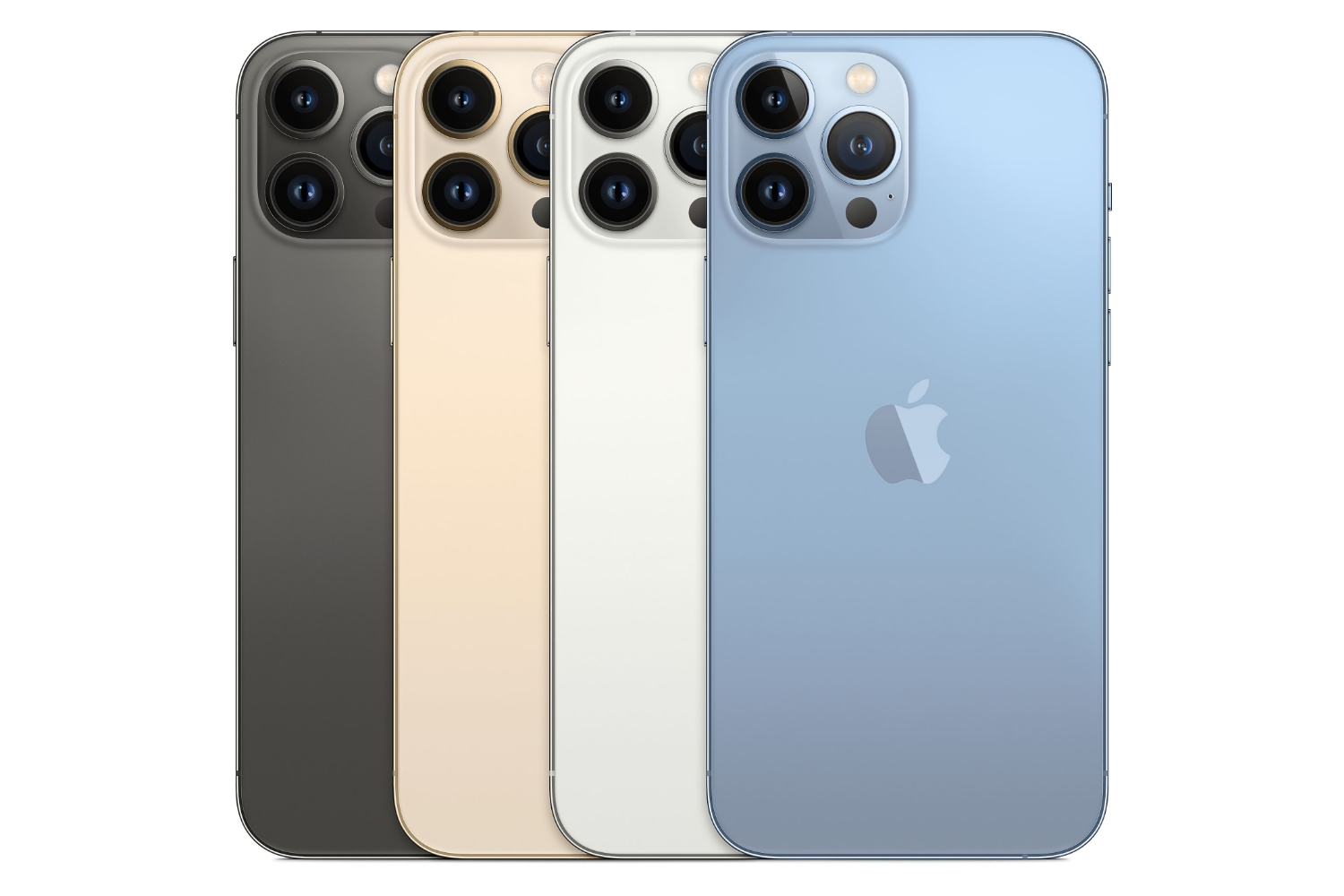
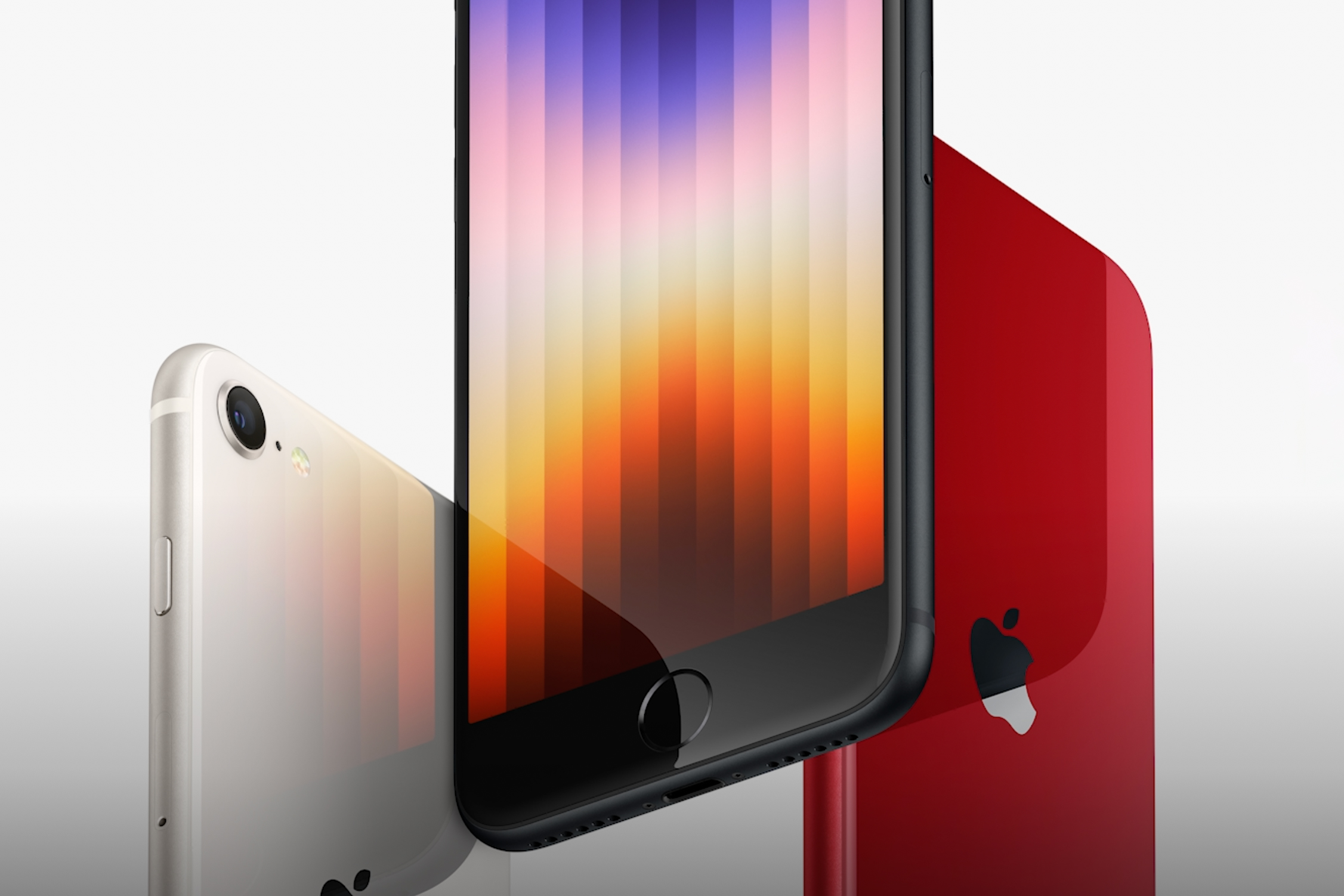
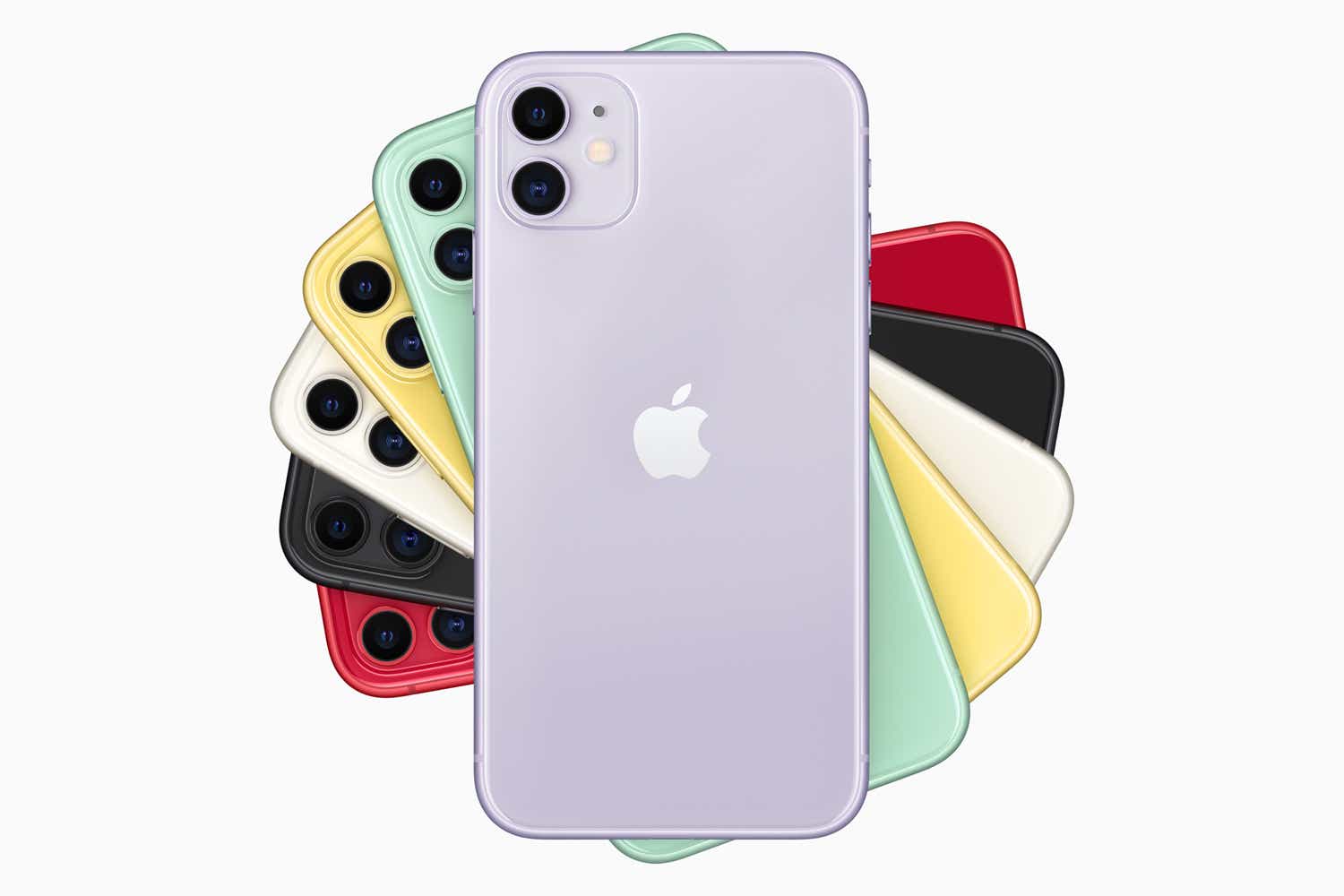
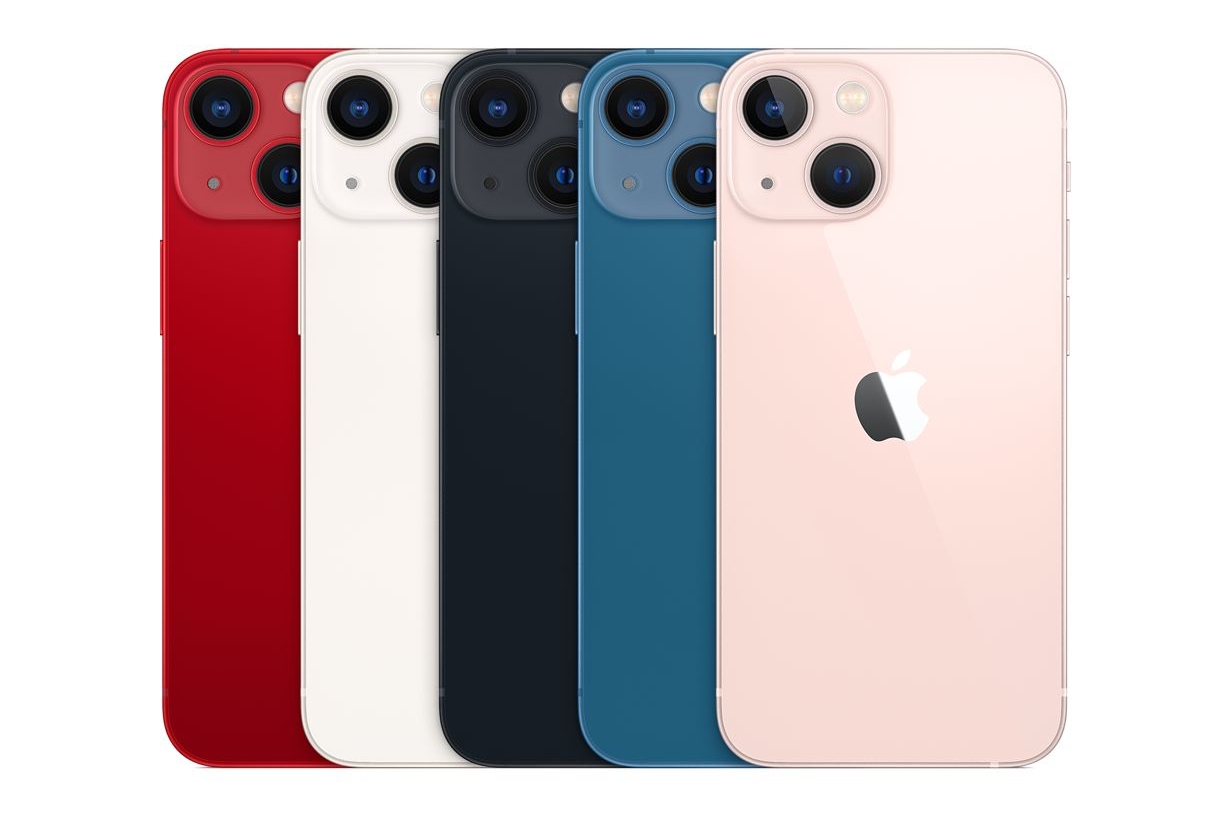




0 Comments